In a historic decision, the Gambian parliament rejected on Monday a bill aimed at reintroducing the practice of female genital mutilation (FGM), marking a significant victory for women’s rights and activism in Africa. This decision underscores the crucial importance of education and awareness-raising in the fight against harmful traditional practices.
The rejection of this bill, which would have made Gambia the first country in the world to reverse the ban on FGM, is the result of intense mobilization by local and international activists. Survivors like Absa Samba and Fatou Baldeh played a central role in this campaign, courageously sharing their personal experiences to raise public awareness about the devastating consequences of this practice.
This victory highlights the power of grassroots activism and education in changing mindsets. Despite the initial ban in 2015, law enforcement remained weak, emphasizing the need for a more holistic approach combining legislation and community awareness.
The debate surrounding this bill also revealed the persistent tensions between cultural traditions and human rights in Africa. Supporters of reintroducing FGM presented it as a « virtue of Islam, » illustrating the ongoing challenge of reconciling traditional practices with the rights of women and girls.
This decision by Gambia could have repercussions far beyond its borders. While UNICEF estimates that 30 million women have undergone FGM in the past eight years, mainly in Africa, this victory could inspire other countries to strengthen their efforts to eradicate this practice.
Activists emphasize that the work is just beginning. The focus is now on strengthening law enforcement and intensifying educational efforts to change societal attitudes in the long term. As Fatou Baldeh points out, « I hope this time it’s not just a law for show. »
This victory in Gambia demonstrates that change is possible, even in the face of deeply rooted traditions, when activism, education, and legislation work in concert. It offers an encouraging model for other African countries in their struggle to protect the rights and health of women and girls.








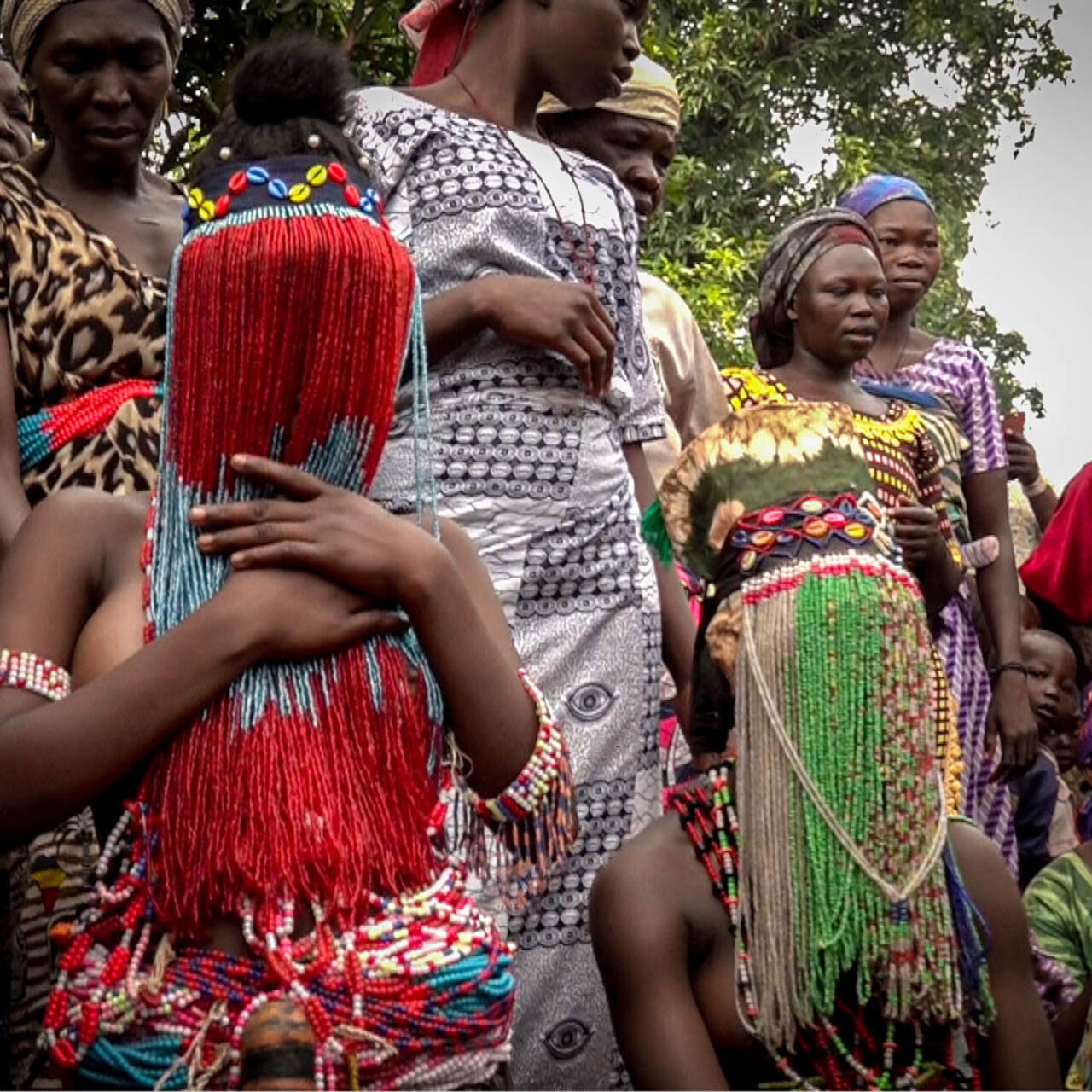
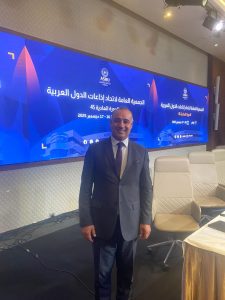

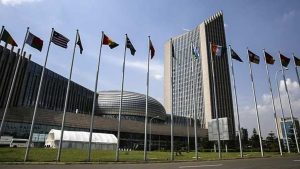
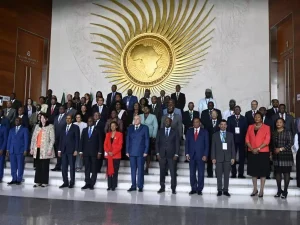
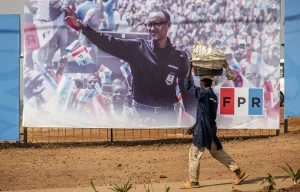

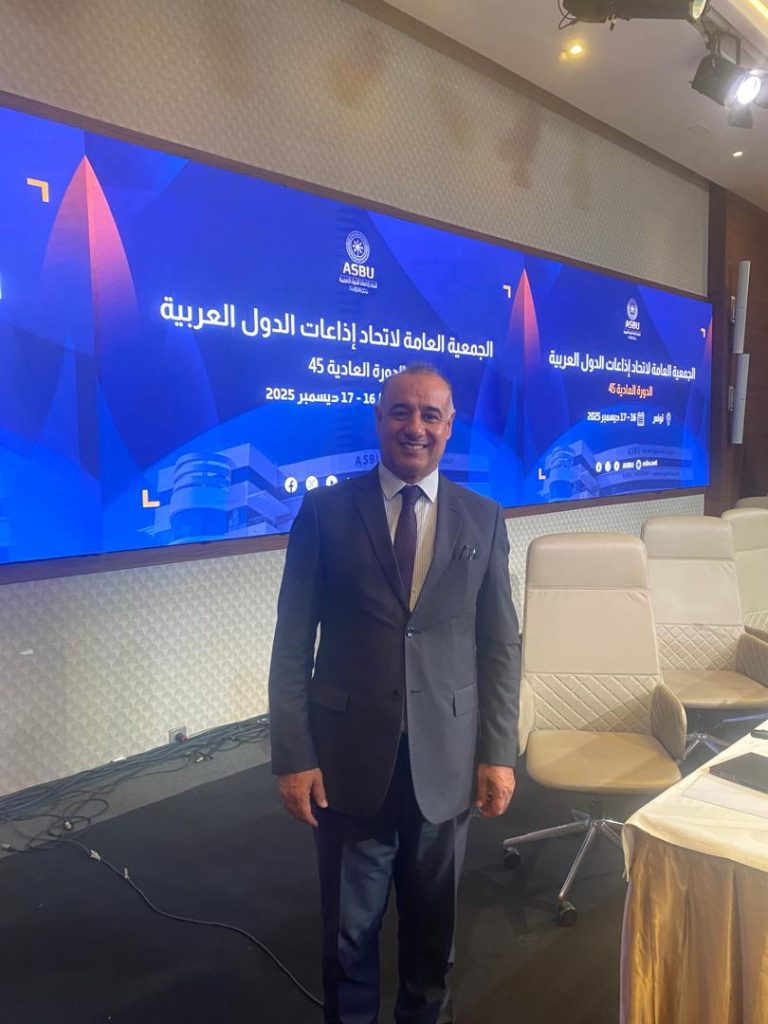

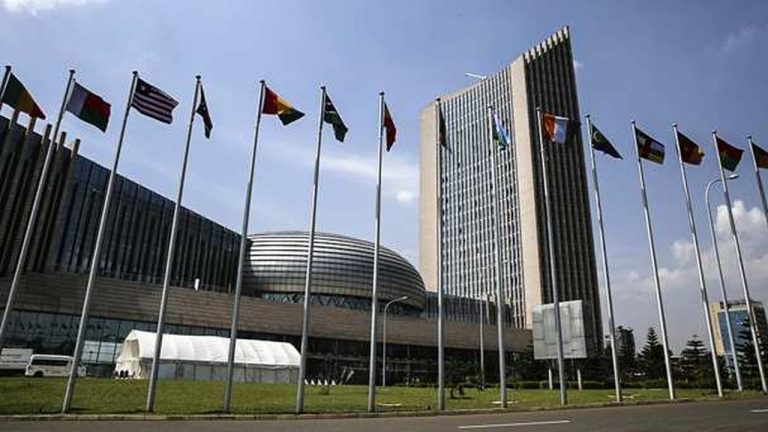
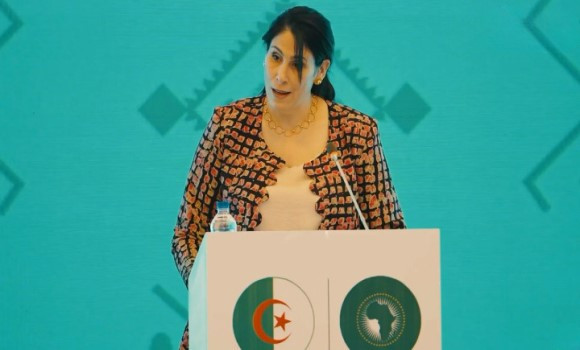
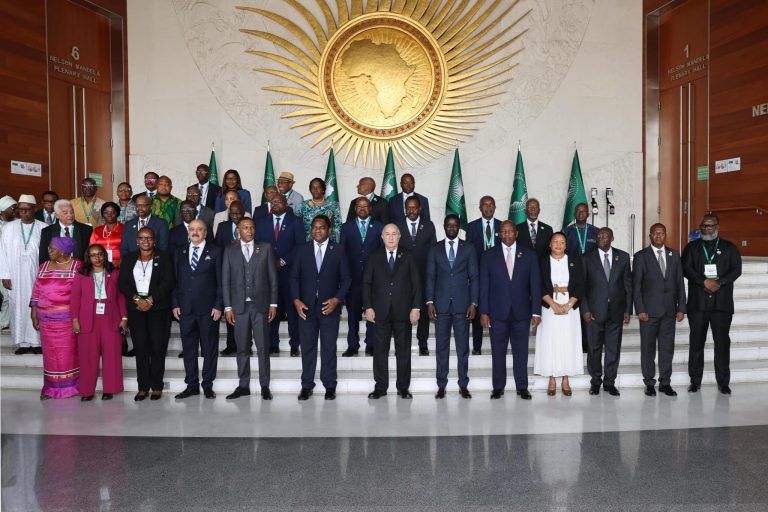
+ There are no comments
Add yours